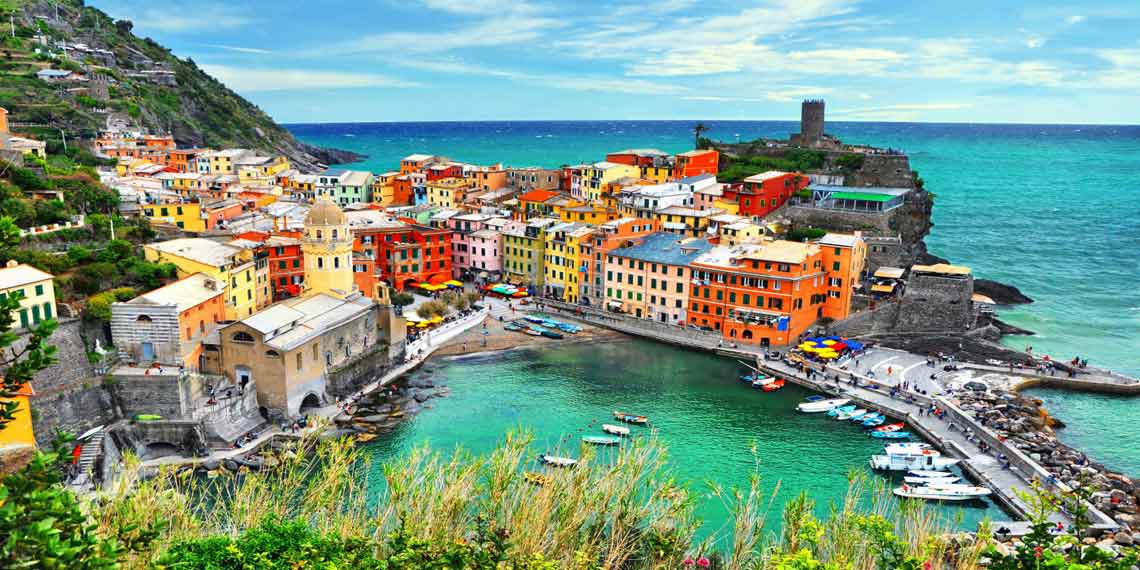Have you ever wondered if your holidays are sustainable and if you behave like responsible tourists?
Responsible tourism, sustainable tourism, ecotourism ... these are concepts that you have certainly heard of before, but which you may never have really explored.
Responsible tourism seeks to minimize the impact on the ecosystem, economy, society and culture of the place where the tourist activity takes place, not only from the point of view of the traveler, but also considering the institutions involved and promotion of tourist services. In fact, both guests and hosts, such as hotels can carry out their work and good practices for responsible tourism. Let's see how to be responsible tourists through these simple tips.
Start with yourself
Yes, being a responsible tourist implies that your trip is well organized, planned well in advance and with all the precautions to avoid negative impacts on your expectations and on your wallet. If you book early enough you will find advantageous offers regarding accommodation and transport, almost always during the requested dates and with the desired quality. Another way of being responsible to youconcerns the stipulation of travel insurance that covers the costs in the event of problems or unforeseen events that may complicate the realization of the trip (health problems, loss of luggage, etc.)
Choose your transport wisely
Think about the means of transport you will use to reach the final destination of your trip and what you will use to move around during your stay. Opt for efficient vehicles, possibly with energy savings or with low or zero emissions. Try to use public transport and, whenever possible, try to get around by bicycle or just walking.
Look for an eco-friendly structure
These are structures or apartments that are responsible towards the environment, the location, and the materials with which it was built and the type of energy they use. Some ideas: stay in a rural house that runs on solar energy, book a hotel that tries to reduce water consumption, stay in a bioclimatic room with walls insulated from natural or recycled elements. All these practices are different, but at the same time useful, ways to contribute to responsible tourism.
Use electronic devices
Electronic devices are a way to reduce paper consumption and avoid generating further waste. During your trip, try to take all reservations, tickets, guides and invoices with you in digital format on your smartphone or tablet.
Don't waste energy
When we stay in a hotel or rent an apartment, we generally worry less about water and electricity consumption. In addition to the costs that the structure will face, we are affecting the territory in which we find ourselves and the planet in general.
Respect nature
Try not to damage the ecosystem of the area you are visiting, the natural spaces, the animals, the plants. Maybe you will be surprised to know that there are still people who collect plants, shells, corals to take them home as a souvenir. Try to avoid buying items from the black market such as ivory and leather. If you want to visit a zoological park, look for centres that recover abused animals and direct them to gradual reintegration processes into their natural habitat. When it comes time for lunch or dinner, try to order seasonal products.
Contribute to the local economy
Consume local products and services whichhelps the economy, that involve local people and businesses. Eat in restaurants that offer dishes made with native products, buy handcrafted souvenirs, attend local festivals and traditions, and stay in community-run facilities.
Be respectful of the local people
Traveling foresees relating to the local population and for this it is necessary to know, understand and adapt to its character, customs, rules and habits. We should avoid imposing our lifestyle on the places where we travel. Find out about the habits regarding tips, negotiations, the form of greeting, the times for eating and try to respect the clothing in places of worship.
Minimize waste
When traveling, in order not to generate an excessive amount of waste we can use recyclable or reusable bags and avoid using plastic cutlery and plates. Also, find out about how to recycle in the cities you visit in order to dispose of the waste in the corresponding containers.
Spread and share
Once back, reflect on the things you have known and learned from the trip, and on the progress made thanks to responsible and sustainable tourism. Tell and share your new personal baggage with your family and friends, so that together you can experience the benefits of responsible tourism on your next trip.













